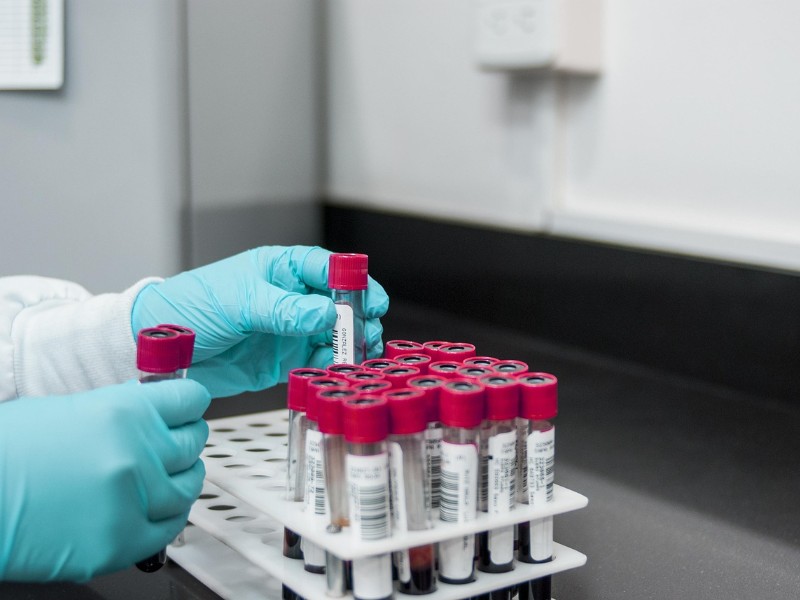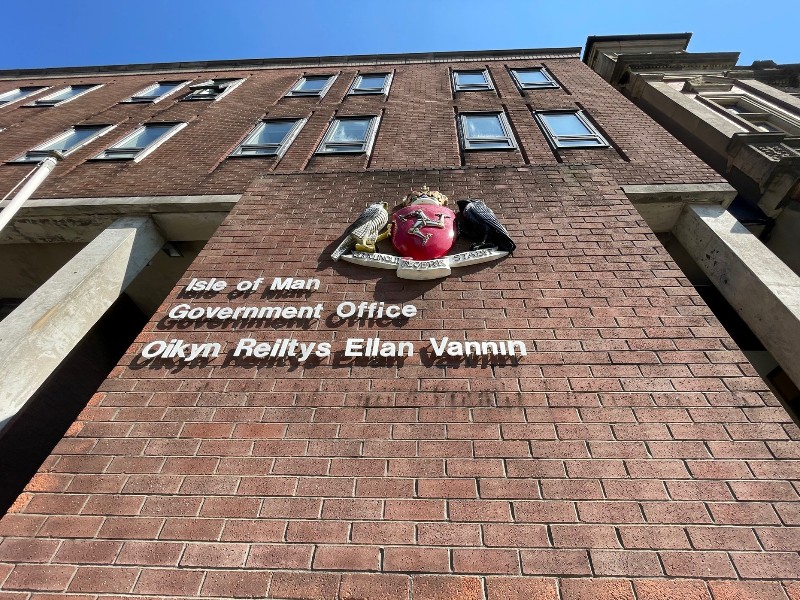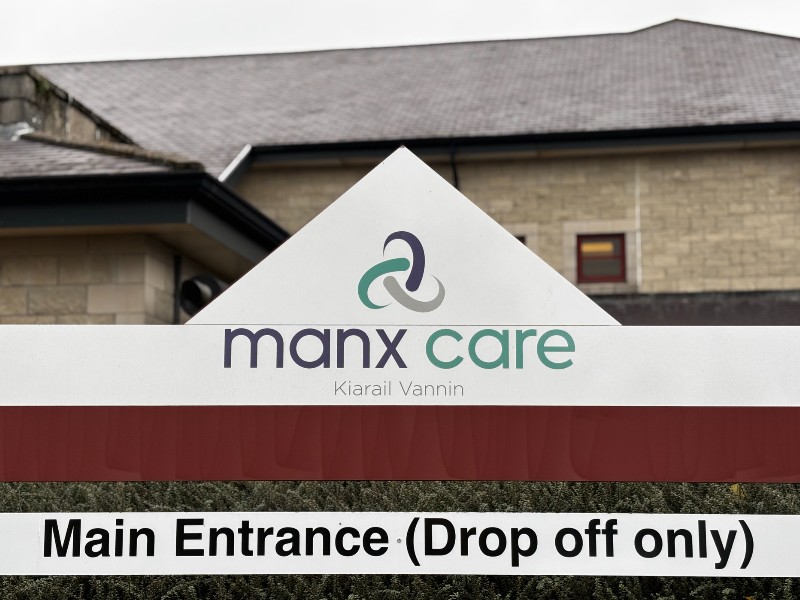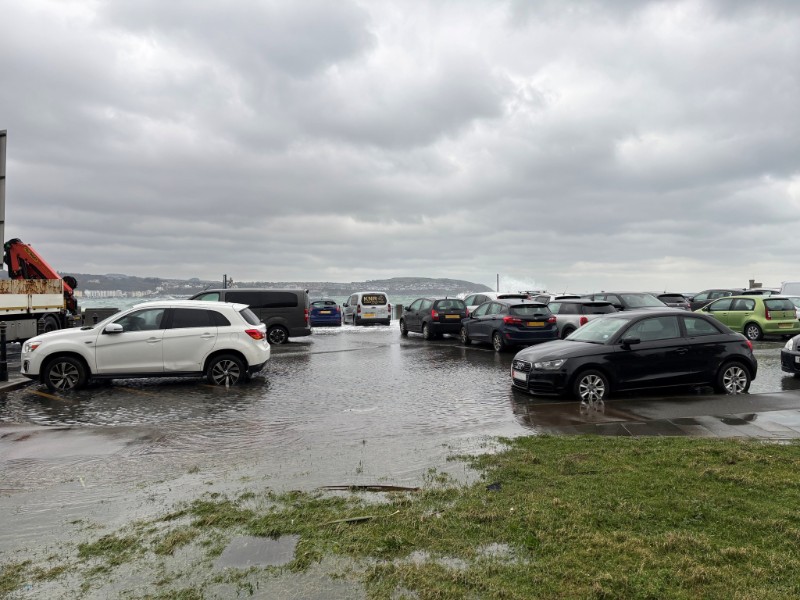
Calls for a targeted screening programme for prostate cancer intensify
Calls for a targeted screening programme for prostate cancer have intensified in the UK after former Prime Minister David Cameron revealed he has been successfully treated for the disease.
Speaking to The Times, Mr Cameron said he was persuaded to get checked by his wife Samantha after listening to a radio interview about the disease.
Since his revelation, Prostate Cancer UK's reported a more than seven-fold increase in people using its online tool to check their risk of the illness.
The former prime minister has now joined calls for a targeted screening programme for men in the UK.
Here on the Island it's been a subject in the House of Keys recently, with Health Minister Claire Christian quizzed on the topic last month:
Malcolm Clague is the Chairman of the Isle of Man Anti-Cancer Association.
He says whilst he would love to see a specific screening programme for the disease, the current tests most widely used aren't specific enough for a targeted programme:
Prostate cancer often has no symptoms at first, but according to the NHS, it usually starts to grow on the outer part of the prostate.
This means it does not press on the tube that carries urine from the bladder to the penis (urethra) and cause symptoms, until the cancer has grown or spread.
If this happens, it can cause changes to the way you pee, such as:
- finding it difficult to start peeing or straining to pee
- having a weak flow of urine
- "stop start" peeing
- needing to pee urgently or often, or both
- feeling like you still need to pee when you've just finished
- peeing during the night
Other symptoms can include:
- erectile dysfunction (being unable to get or keep an erection)
- blood in your urine or blood in your semen
- lower back pain and losing weight without trying to (these may be symptoms of advanced prostate cancer)


 Government responds to Island's inclusion in Epstein files
Government responds to Island's inclusion in Epstein files
 DHSC publishes 2026/27 Mandate to Manx Care
DHSC publishes 2026/27 Mandate to Manx Care
 Another amber weather warning for coastal overtopping issued for Wednesday
Another amber weather warning for coastal overtopping issued for Wednesday
 Issues with Vinted resolved, says DfE
Issues with Vinted resolved, says DfE